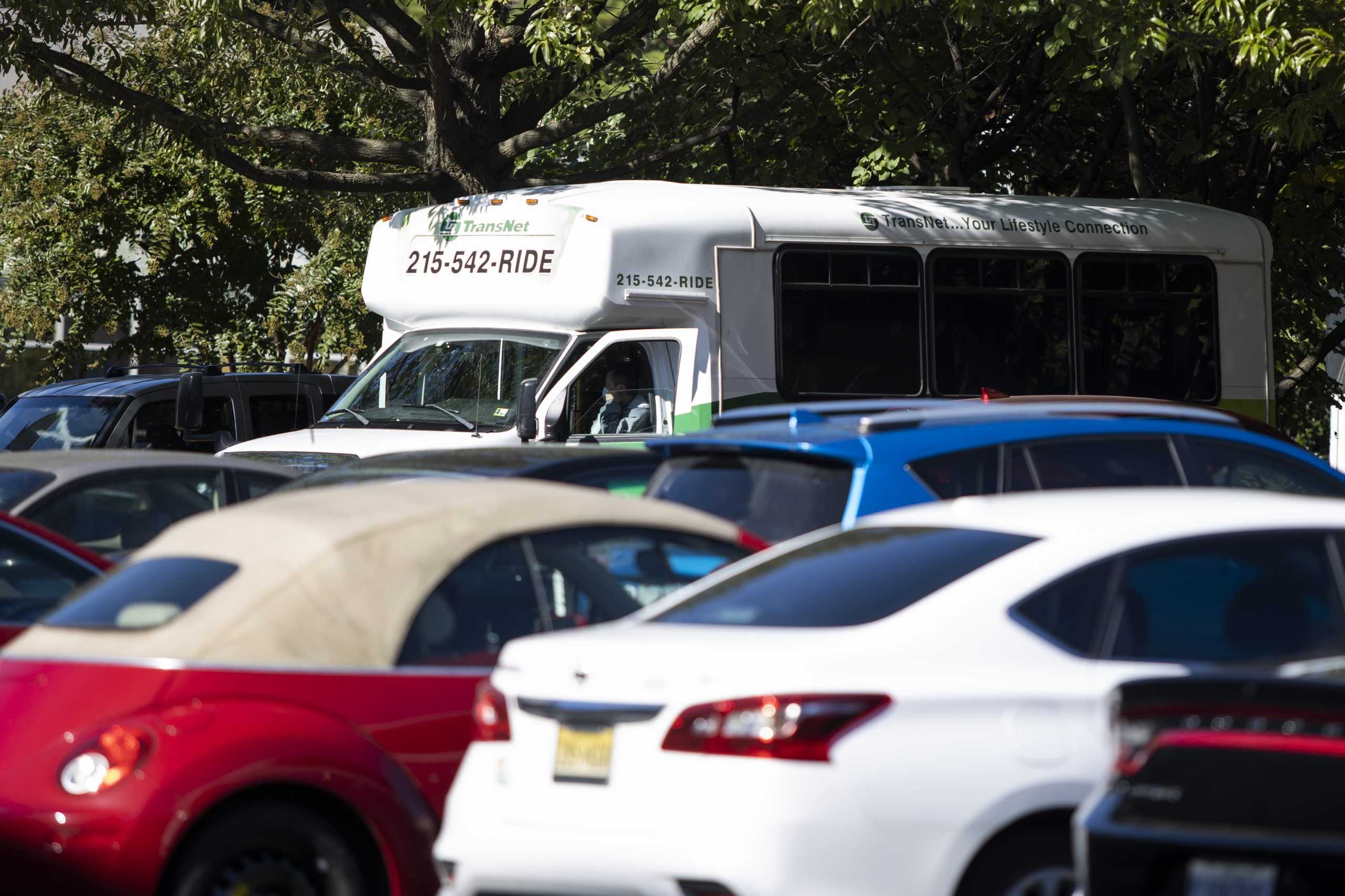The cumulative total of positive COVID-19 cases on campus reached 109 as of Sept. 21, as COVID-19 clusters appeared around campus, most notably within first-year on campus housing, among athletic teams and within Greek life groups.
Gail Benner, director of public relations and media, wrote in an email to The Hawk on behalf of Jessica Moran-Buckridge, Ed.D., director of the Office of Residence Life, and Cheryl McConnell, Ed.D., provost and vice president for Academic Affairs, that the university does not disclose information regarding clusters.
“I am not aware of a widely accepted number that defines a cluster,” Benner wrote. “Public health officials’ definition of a cluster can vary and can be as few as two people. So, it would not be practical or particularly useful for us to disclose each time.”
Clusters of cases are a number of COVID-19-positive individuals aggregated over time, geographic location and/or by common exposures. Identifying a cluster and pursuing “exhaustive contact tracing is essential for rapidly suppressing transmission,” according to the World Health Organization (WHO).
As these clusters appeared on campus, the university tried to balance conveying information to the St. Joe’s community while maintaining the personal privacy of infected individuals.
Within Greek life, all 115 members of the Alpha Phi sorority were mandated by the university to get tested for COVID-19 and either quarantine or isolate until their results became available. But according to a member of the sorority who asked not to be identified by name, members were given no background about the situation.
“There were so many holes that we were trying to fill in for ourselves because [details] weren’t provided to us, so we all kind of went into this frenzy,” she said.
Beth Hagovsky, Ed.D., director of Student Leadership & Activities, was not involved in the decision making process to determine the mandatory testing and quarantine protocols for Alpha Phi, but communicated the mandate, which was ultimately decided by Cary Anderson, Ed.D., associate provost and vice president of Student Life, along with other administrators.
“To the best of my knowledge, [testing was mandated] because there was a pattern that had started to form,” Hagovksy said. “And when the dots were connected, that they were all members of Alpha Phi, it made the most sense to have the sorority all get tested and quarantine until they got the results.”
Hagovsky said she does not know how many members of the sorority initially tested positive.
“My understanding was that it was a significant enough number that it caused concern, and so we needed to act on it,” Hagovksy said.
Benner wrote that the university is being cautious about disclosing too much information or notifying too many people within the campus community when a group of COVID-19-positive individuals is identified.
“If we do not make notifications, we have chosen to err on the side of the individual’s privacy,” Benner wrote. “If we feel that the information could have a public health benefit, we will make those disclosures.”
Regarding on-campus housing, Benner wrote that COVID-19 cases “have been identified in all residence halls.”
“Residence Life is in regular communication with RAs regarding their health, safety and wellbeing,” Benner wrote. “Please remember that not everyone who isolates receives a positive test result.”
An RA, whose name is omitted to protect their employment status, said they learned two RAs tested positive for COVID-19 through a group message with other RAs. This information was confirmed three days later when it was announced in a staff meeting for RAs.
“I don’t really think it has been well communicated to us,” the RA said, noting that RAs weren’t notified about positive cases from their Residential Area Managers (RAMs).
The RA said residents on a floor are not notified if a floormate tests positive, nor is the RA notified if one of their residents tests positive. RAs are expected to be six feet away from their residents at all times and are therefore not considered close contacts. Only identified close contacts who live on the floor are notified by a contact tracer.
“I feel like there is a privacy element of not letting everyone know unless they have to know,” the RA said.
The member of Alpha Phi said she also understands concerns about individual privacy, but the lack of communication allows for groups of individuals who have tested positive for COVID-19 to be stigmatized.
“I feel like then there’s this negative stigma like ‘oh [the sorority] is not taking it seriously’ and then we have to justify ourselves,” she said. “But, I feel if there was better information and communication with the school, there wouldn’t be as much hostility towards certain groups.”
A number of student-athletes have also either quarantined or self-isolated. The Hawk was not able to confirm that any full teams were quarantined, and reached out to the athletics department for comment. Benner responded to The Hawk’s questions with the following statement.
“Contact tracing, quarantine and isolation processes are the same for student-athletes as the rest of the student population, including associated disclosures,” Benner said. “We need to balance individuals’ privacy with the public health benefit of disclosure. If we believe there is a public health benefit to disclosing any cases within athletics, we will do so. But otherwise, we will protect the privacy of student-athletes.”




















































